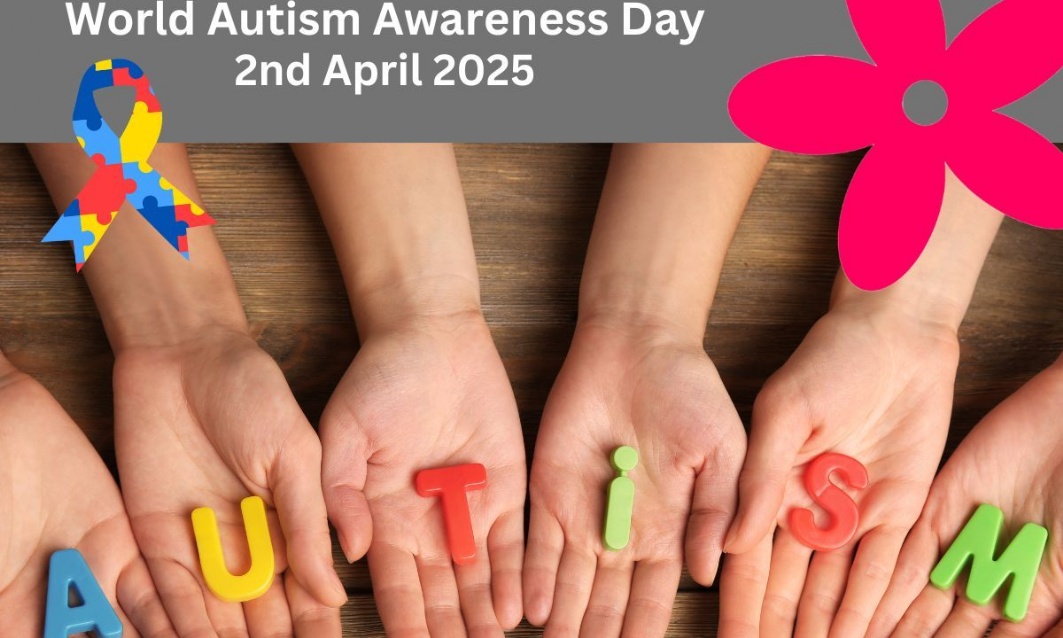News and Events
World Autism Awareness Day

What's the Difference Between Autism Awareness and Autism Acceptance?
Did you know that only 26% of autistic pupils say they feel happy at school? That's according to the National Autistic Society, and in all honesty, we felt pretty sad when we learnt that.
Our approach is inclusive teaching, this means we can deliver inclusive education to suit our schools. They are micro-communities after all, and we see them as practice grounds for the big wide world, so it's really important that all of our pupils here at Fioretti Trust feel happy when they're here with us. For our pupils with autism, this doesn't just mean we're just aware of their autism and their needs, it means we accept them into everything we do, and we want to improve the life chances of all our children.
There are many ways we can all practice autism awareness and acceptance, at home as well as in our schools. Check out our ideas below or head over to waam.autism.org.uk to find out more about how you can make autism awareness and acceptance a more instinctive part of your day, every day.
1) Make the effort to learn about what autism means and how to be inclusive
The best way to understand how to be inclusive and accept someone with autism into your activities, is to spend time with them, see first-hand how they adapt for themselves and then learn from what they tell you about what they need.
2) Don't think of the challenges, see the strengths
Let's remember first that everyone is different, and autism is different for everyone. But too often the strengths associated with autism are shadowed by the challenges. We particularly love to celebrate the attention to detail we see our children with autism show. The creative and artistic talents can be outstanding! And the wonderful qualities of unwavering honesty and loyalty are always great examples to share and develop in all children.
3) Be the voice and promote the positives for individuals with autism
When we welcome children with autism into our school, or talk to their parents, we want to become their advocates and their voice in our community. Teachers have a valuable role to play in being in the position to connect directly and be the voice to influence decision makers.
